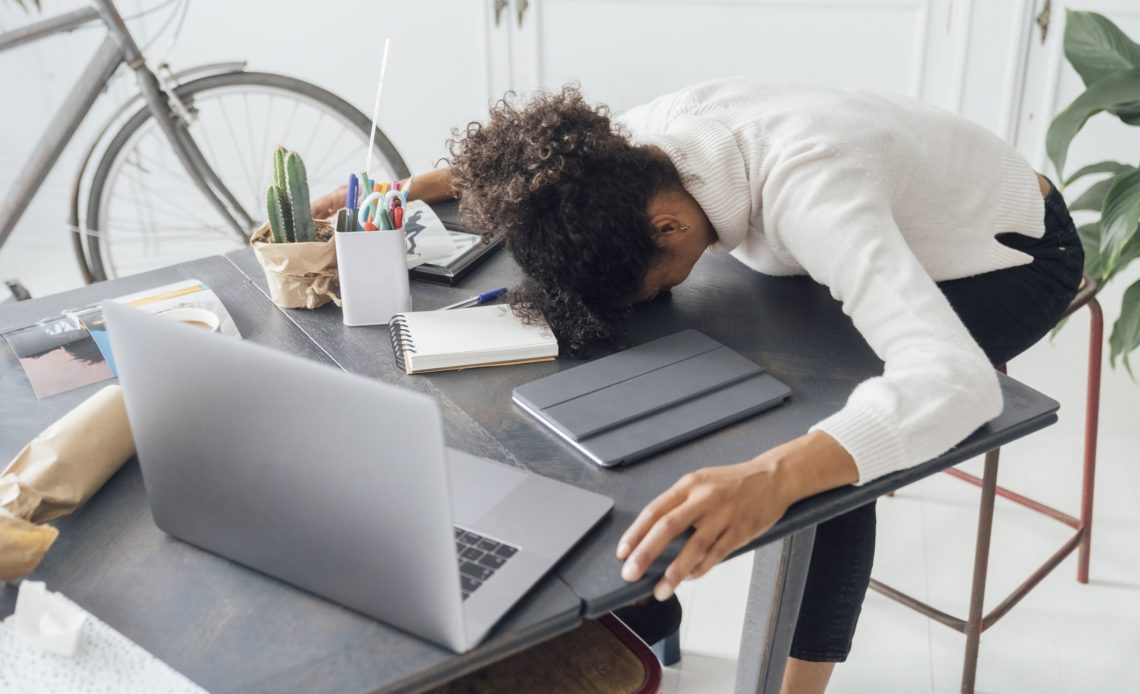As the days blur into each other and the sight of people gathered in crowds on your favourite series sends shivers down your spine, you must have heard the phrase: “It takes 21 days to break a habit.” Everyone’s starting a new workout regiment, writing a book, starting a journalling practice or working on that business idea that’s been gathering cobwebs in the dark recesses of their computer. If you’re posting videos of your baking prowess or the meticulously curated timetable you’ve put together to ensure your little ones don’t miss any of their developmental milestones, are you even self-isolating properly?
I have some advice for you: breathe. Take a moment to acknowledge that none of what’s happening is even remotely normal. We’re currently going through the scariest time in our collective global history. No-one knows what this means. We’re all experiencing an uncertain present and bracing for an even more uncertain future. When this is all over, the euphoria of having made it through one of the scariest pandemics in modern history will hopefully override the shame of not having sculpted the perfect bum. That won’t matter at all. It will be enough that you’re alive, bulges and all.
It’s perfectly OK to let go of what author Scott H Young calls “productivity guilt”. It’s a nagging feeling that you should be doing more. And it loads you with guilt because you imagine that if you’re not doing everything, then you’re a lazy slacker who’ll never achieve your goals.
READ MORE: Budgeting During COVID-19
Productivity is, of course, essential: we have to do things in order to survive and thrive. But productivity guilt is about compulsively preoccupying yourself and keeping busy in order to avoid feeling useless and unworthy – and it’s delusional.
The reality that is the entire world is grieving. We’re grieving the loss of our autonomy, our feeling of safety and security, and the assumption that we have some measure of control over our lives. Left unprocessed and masked by obsessive activity, grief can wreak havoc on our psyches and our health. Psychology Today notes that unresolved grief can lead to hyper-alertness, irritability, anger, over-reaction and even self-harming behaviours.
READ MORE: 7 Ways To Safeguard Your Business Against COVID-19
So before you sign up for that 15-day challenge to improve your posture, take a moment to actually connect with the feelings welling up in you. Spend some time with yourself and those you love (virtually, of course). There’s never before been a time when we could all stop pretending to be super-heroines, clutching our to-do lists. Now there is.
Use this period to face your vulnerability and understand the importance of kindness and community. Instead of painting the kitchen, spring-cleaning and spending three hours a day on your home treadmill, call your folks, cuddle your kids and give your pets an extra-long tummy rub. It’s much, much more important.


